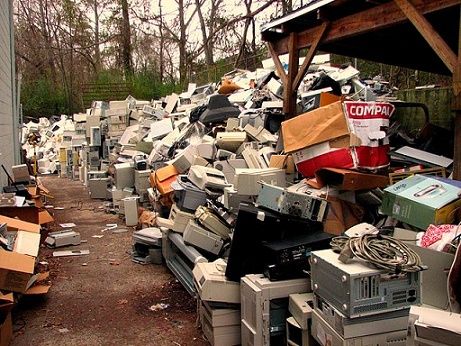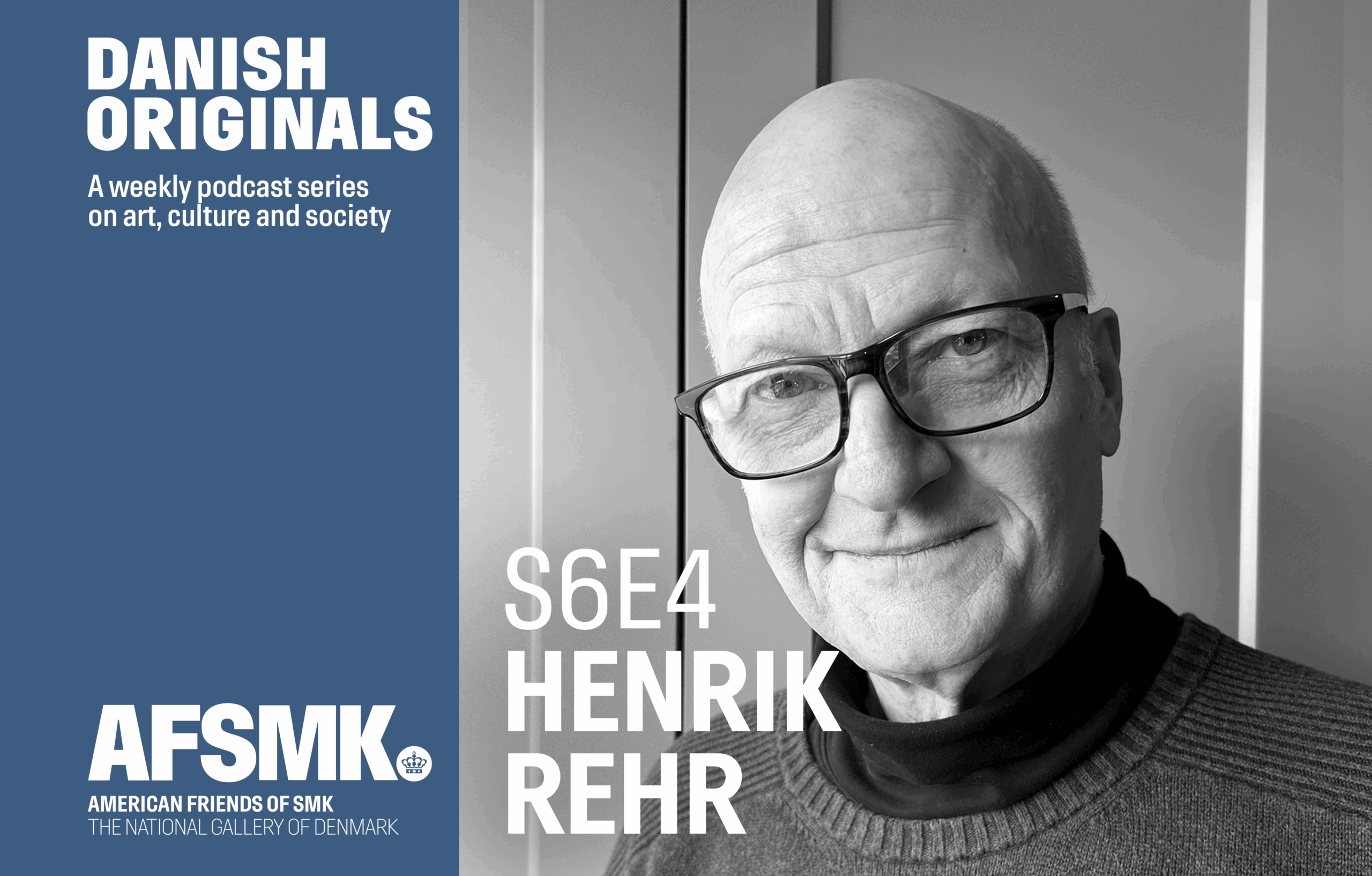When your mobile phone, computer or coffee machine dies, it is often impossible or uneconomical to repair, so the appliance has to be thrown out.
This is creating a huge environmental problem – often in developing countries that can least afford it.
“Over the last 50-100 years we’ve seen the invention and development of many different electronic devices, but the technology to ensure that their components can be recycled has not kept pace,” Keshav Parajuly, a postDoc at the University of Southern Denmark’s (SDU) life-cycle centre, told Ny Viden.
READ ALSO: Millions in discarded electrical goods – Danes throw out the baby with the bathwater
Electronic scrap is estimated to be the fastest-growing sector within the rubbish stream and, according to Parajuly, it is growing globally by 50 million tonens every year.
From rich to poor
A lot of electronic scrap is exported from rich to poor countries that don’t have a proper framework in place to dispose of it in an environmentally-friendly way.
For example, computer components are often burnt over open fires to extract saleable metals. The vapours caused by this process can be poisonous, and there is also a risk of permanent contamination due to dangerous chemicals such as lead and arsenic leeching out from rubbish dumps.
The most environmentally-beneficial way of dealing with these products is the circular economy, suggests Parajuly. Following this model, the products or materials are reclaimed, reused and keep their value as much as possible.
The challenge is to develop business models to satisfy both producers and companies in the recycling field.
Enter the E-circle
“Today, the system is fragmented. The parties don’t communicate with each other and have no incentive to get out of the ‘buy and throw away’ culture. That’s why a lot of – also valuable – resources are lost, such as rare metals,” said Parajuly.
The SDU life-cycle centre has been involved in a project in which researchers from different areas work together to develop a platform to support the circular economy within electronics called E-circle.
The idea is that all the interested parties will be able to obtain help and inspiration about recycling and reusing electronic devices.
“For instance, we’d like manufacturers to put their drawings and data about the materials that their products are made of on the platform. That would be useful to companies that buy up discarded electrical goods to take them apart for recycling. They would know what materials were valuable,” explained Parajuly.
The platform will also enable designers and manufacturers to benefit from advice on how they could change their designs to make them more recyclable when they no longer work.
Different strategies
Parajuly also points out that with over 1,000 different electrical items, different strategies are required for each product to ensure optimal recyclability.
“A car is a large investment that you don’t just throw away because some of the parts don’t work. You get it repaired and even if it it has to be scrapped it is still valuable because a lot of the parts can be reused,” he said.
“A hair-dryer is completely different. If it can’t be repaired, the economic and environmental costs might be higher trying to recycle it than burning it. Here, the best strategy would be to design it so that it lasts 20 years and then sell it at a higher price.”













